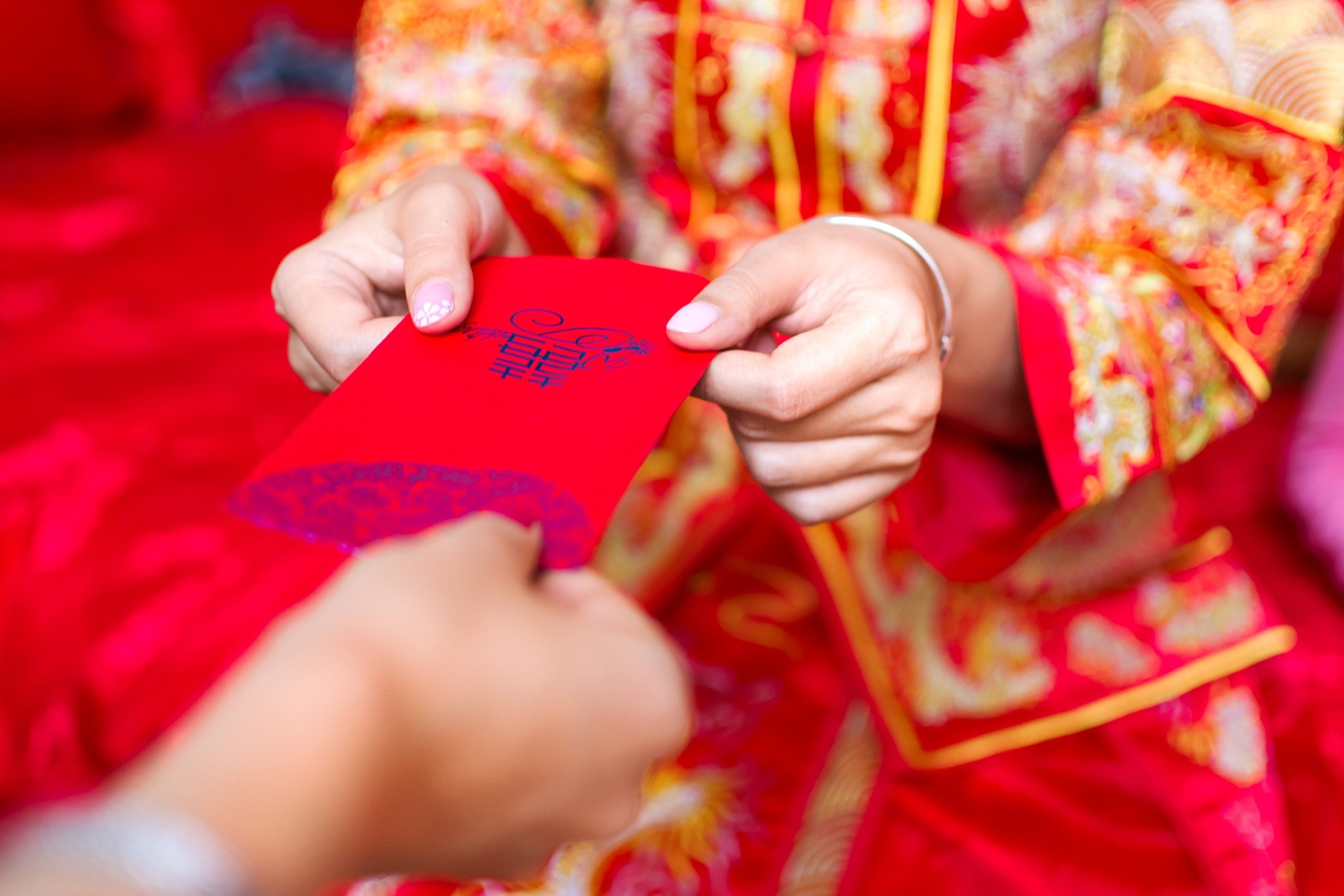Lunar New Year – Food and Family
Of all the cultural holidays I grew up with, Lunar New Year (or the Spring Festival) is by far the most important in my family. The focus of this holiday has always been on family – including those that are with us and those who are no longer with us. As a small child, I appreciated the opportunity to see (play with) cousins from near and far, eat yummy food that my parents spent days preparing and receiving red envelopes from all my “uncles” and “aunties.” Now that I’m a little older, I have a much deeper understanding and appreciation for this holiday – but deep down the fundamentals haven’t changed – it’s all about food and family!
This year, the Lunar New Year (new moon) falls on February 1st. About a week before the actual New Year, we start preparing by cleaning out our rooms and houses, putting old things away and bidding farewell to the “old” year and preparing to welcome the “new” year. We also visit the graves of our ancestors, offering sacrifices (burning paper and leaving offerings of incense, fruit, alcohol and other treats) to show respect and piety. We also beseech our ancestors, praying for good fortune and good health (when I was in school it was good grades) in the coming year.
Lunar New Year’s Eve starts with a family reunion dinner consisting of traditional foods each symbolic of a hope in the new year. Family members travel from near and far to gather for this meal. 4 years ago, my husband and I were in Hong Kong over Lunar New Year and we went to my aunt’s house where 30+ people had gathered (some of which none of us had ever met – distant family from China) for a home-made feast! Certain foods are always included in the New Year’s Eve meal.
- Dumplings – Similar to what folks eat at an Asian restaurant, the dumplings look like ancient Chinese “money” à therefore the more dumplings you eat, the more money you’ll make in the new year.
- Spring rolls – Spring rolls are traditionally eaten as a part of the Spring Festival – they also happen to look like gold bars – a symbol of prosperity.
- Rice cake – Eating rice cake symbolizes our hope to improve our position year by year – this could be better grades, promotions, business success or however one defines one’s position.
- Rice balls – Rice balls symbolize family togetherness and family reunion.
- Noodles – Noodles symbolize longevity – the longer the better.
- Fruit – Certain fruits – anything round – symbolize fullness and wealth.
- Fish (is always last) – In Mandarin Chinese, “fish” sounds like ‘surplus’ à representing the hopes of having surplus at the end of the year, because we’ve managed to save a little bit, which can then help contribute to surplus in the following year.
After dinner, our family plays games (maybe a little bit of gambling involved) until midnight, at which point fireworks are set kicking off the start of the new year (2/1/2022 starts the Year of the Tiger).
On New Year’s Day and for the next two weeks, the traditions continue to be focused on family – with visits to close relatives first, then with distant relatives and friends (colleagues included). As I recall, younger family members would bow (kowtow) to members of each generation above them (as a family – my mom, my dad and I would bow to my dad’s parents and my mom’s parents), beginning with the eldest. When people showed respect in this way, they were rewarded with red envelopes, which contained New Year’s money. During these New Year’s visits, children and the unmarried younger generation would again receive red envelopes. The red envelopes with money inside bring good luck throughout the new year.
The Lunar New Year holiday ends with the Lantern Festival which is celebrated on the 15th day. The lanterns are believed to ward off bad luck and signal that the new year is under way. This holiday is often acknowledged with a smaller gathering and feast with family.
As I reflect on Lunar New Year and the other holiday reflections shared by others in our group, even though each culture is unique, I’m reminded that fundamentally we share the same values and it’s amazing how similar we actually are!
 Submitted by:
Submitted by:
Dee Dee Chen, FACHE
Director, MGPO Professional Staff Compensation and Benefits
Massachusetts General Hospital
ACHE of Massachusetts Diversity, Inclusion & Equity Committee Member

